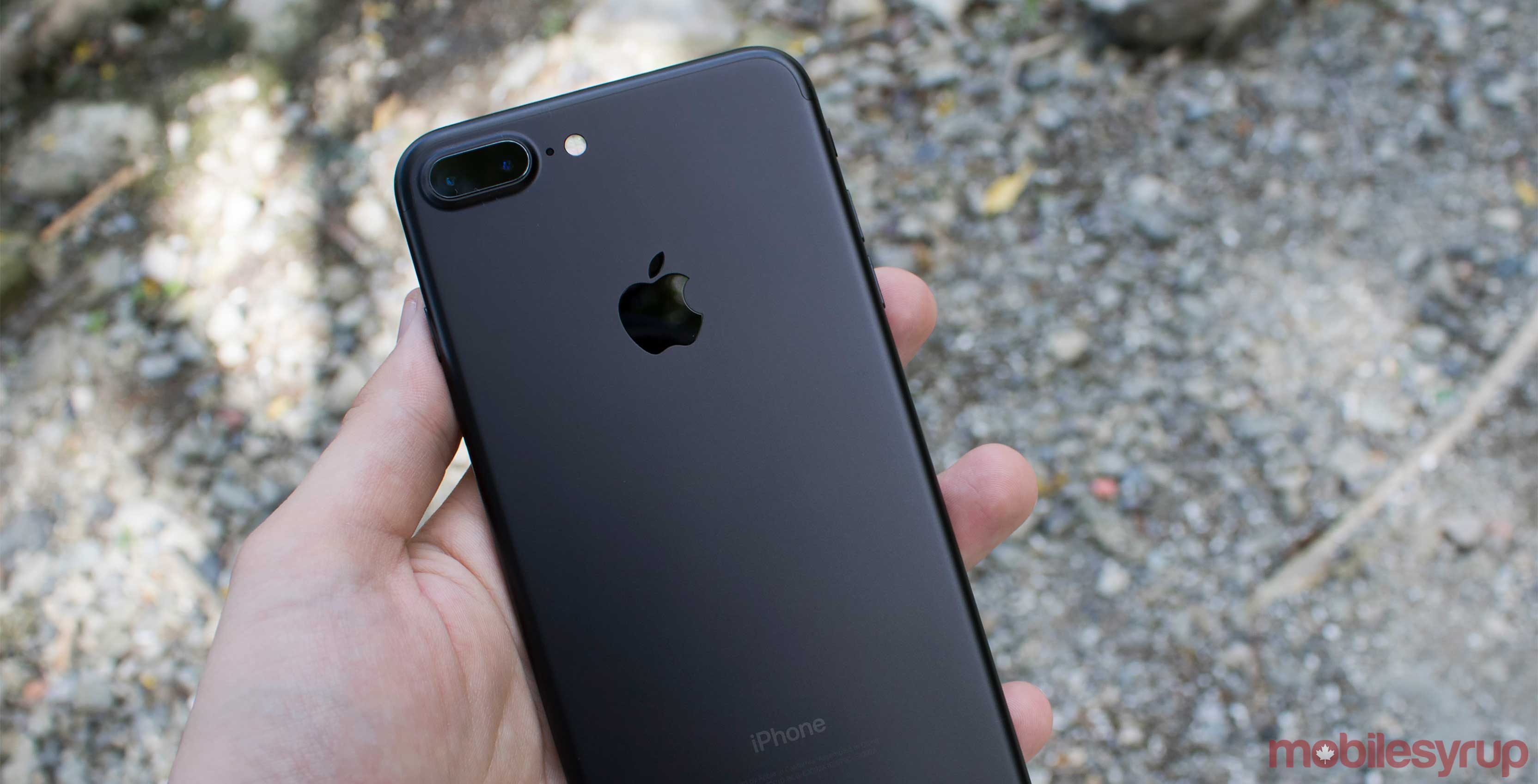
Apple’s refusal to depend on one single chipset maker for its iPhone may result in consumers getting slower data speeds than many of its premium competitors, according to a report from Bloomberg.
Apple typically uses multiple suppliers for the components in an iPhone, and for its modems, the company turns to Qualcomm and Intel. But while Qualcomm already produces a modem capable of gigabit speeds, Intel’s won’t be ready for iPhone 8 production, say Bloomberg‘s sources.
The sources further stated that until Intel is able to offer its chips with matching features, Apple will throttle the capabilities of the Qualcomm modem to match. Apple, Qualcomm and Intel declined to comment on the matter, says Bloomberg.
While Apple could alternately decide to rely on just Qualcomm’s modems, the company prefers not to use a single supplier for any one component, and it has a particularly contentious relationship with the San Diego-based chipset giant, which it is currently battling in various legal disputes concerning patents and royalties.
This puts the forthcoming iPhone behind in the data speed game compared to one of its chief competitors, the Samsung Galaxy S8.
This puts the forthcoming iPhone behind in the data speed game compared to one of its chief competitors, the Samsung Galaxy S8, which stocks Qualcomm’s X16 LTE modem and is already supporting theoretical gigabit speeds through Telus and Bell, but it’s not the first time that Apple has lagged behind when it comes to network technology.
As Bloomberg points out, the original iPhone launched in 2007 without support for 3G networks and went on to be a revolutionary piece of technology that changed the industry. Apple also jumped on the LTE bandwagon about a year after Samsung.
Additionally, it’s not the first time this particular issue of limiting modem speed has arisen. In November 2016, Bloomberg reported that the iPhone 7 was purposefully throttling the performance of Qualcomm’s modem to match it with Intel’s offering.
The mini media firestorm surrounding that report quickly subsided, with some outlets contending that the difference wouldn’t be noticeable in most real-world instances of usage.
While the latest report of throttling may not be a deal breaker, however, it’s still a blow to the overall marketability of the device, if the report proves true.
Source: Bloomberg
MobileSyrup may earn a commission from purchases made via our links, which helps fund the journalism we provide free on our website. These links do not influence our editorial content. Support us here.


